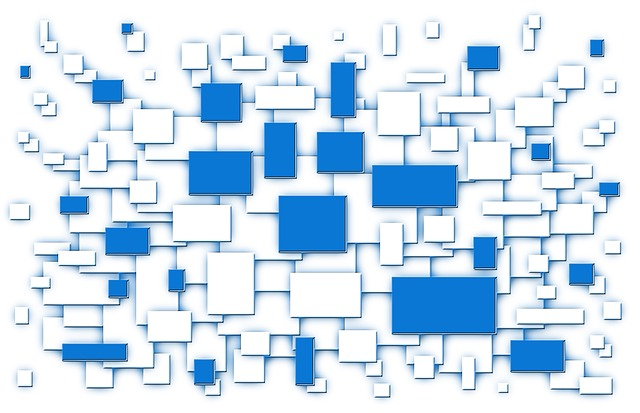ATD Blog
The Accelerated Learning Cycle—A Design Template
Tue Apr 22 2014

Last week’s post examined each of the pillars needed for effective and impactful accelerated learning design. As I discussed, the design of a program depends on many factors, including the target group and the intended impact among them. That is why the AL cycle template is based on a set of questions that will have answers unique to the group, the needed skills, and the desired objectives.
By looking at the flow of a learning program through the questions addressed by a particular phase, the cycle becomes a flexible approach to facilitating impact by design.
**Learner preparation phase
**
What type of activities will engage learners and encourage them to observe, reflect, and prepare mentally and emotionally for the learning journey before they come to a program?
What will help create a “community of practice” during the program? What will inspire learners to focus on the practice, reflect on their role in it and participate in a meaningful dialogue about it with others?
What language will illustrate the significance of the learning to the participants? What framing will enroll each person for the journey and encourage optimum participation.
What activity can help learners rid themselves of self talk and be present and focused on the here and now?
Connection phase
How can learners surface their experience, thinking, and feelings about the topic?
What are the ways to integrate their knowledge and experience into the learning process and, at the same time, clear up any misconceptions?
What type of learning experience will create a personally significant connection to the learning for the participants?
**Discovery phase
**
What approaches will most effectively introduce new concepts, ideas, and processes?
What will encourage participants to interact with the topic and one another to build their basic knowledge and skills?
What simulations can be used to model the reality of the participants and surface the aspects of the topic that are key factors to their later success?
Activation phase—practice to mastery
Elaboration
What practice activities will solidify what the learners need to recall, know, and think about before they begin to use the content, processes, or methods in diverse situations? Where are possibilities to include them in the discovery phase?
How can the early practice phases guide learners, engage learners and give each person what he needs to both learn easily and stretch?
Assimilation
What approaches will facilitate practice in activities that simulate their real world?
What type of feedback and support can guide and begin to build learner autonomy and mastery?
Implementation
How can a type of “dress rehearsal” be designed that allows learners to bring everything together and test their mastery?
What activity simulates the complexity of the real world and can be done in the context of the learning program?
**Integration phase
**
What types of activities will help learners calm their minds, reflect, and become aware of what they have experienced, noticed, and learned during the day, the learning module or the entire program?
What strategies encourage learners to tap into their own wisdom and allow new associations and learning “well up”?
What type of approaches will encourage learners to take the learning back and apply it? What support do they need in the program and back on the job?
How can we help learners celebrate their learning, become aware of how much they’ve learned, and formulate new questions to inspire further learning?
What can learners do to acknowledge themselves and one another and provide personal and thoughtful feedback to themselves, to one another, and to us as facilitators?
The accelerated learning cycle acts as a template for designing effective and efficient learning programs.
To learn more, join me in an upcoming ATD Accelerated Learning Certificate program!
You've Reached ATD Member-only Content
Become an ATD member to continue
Already a member?Sign In
